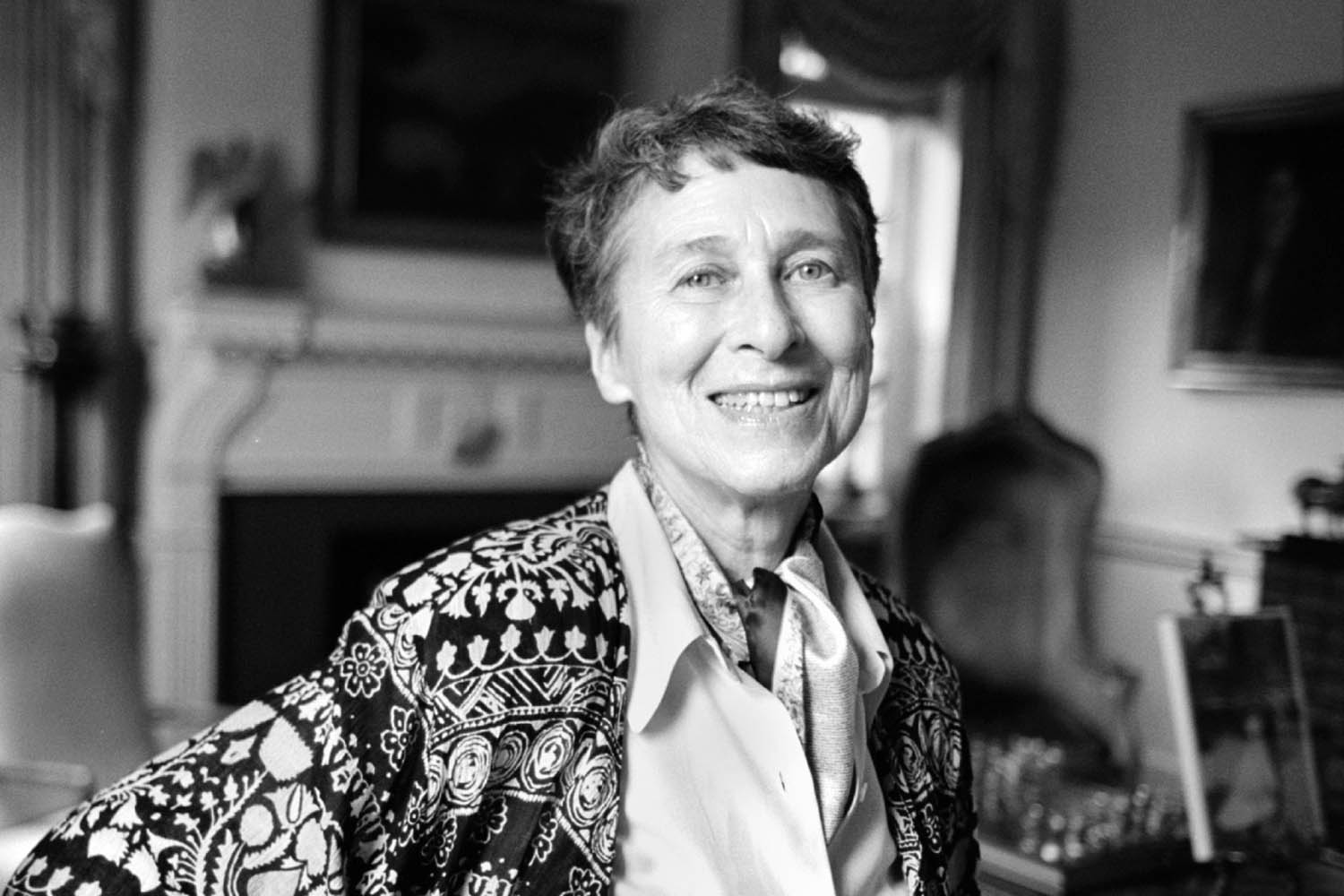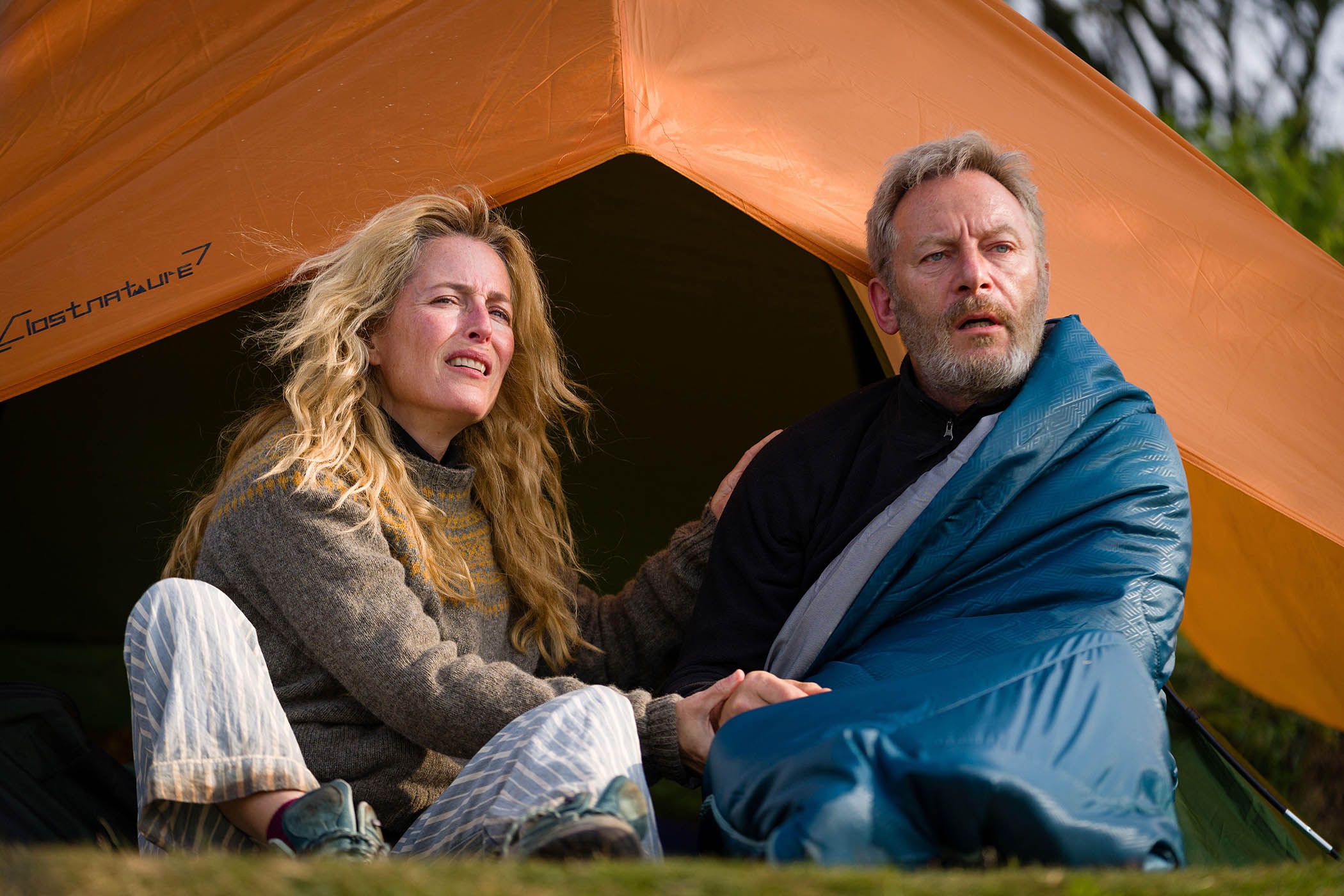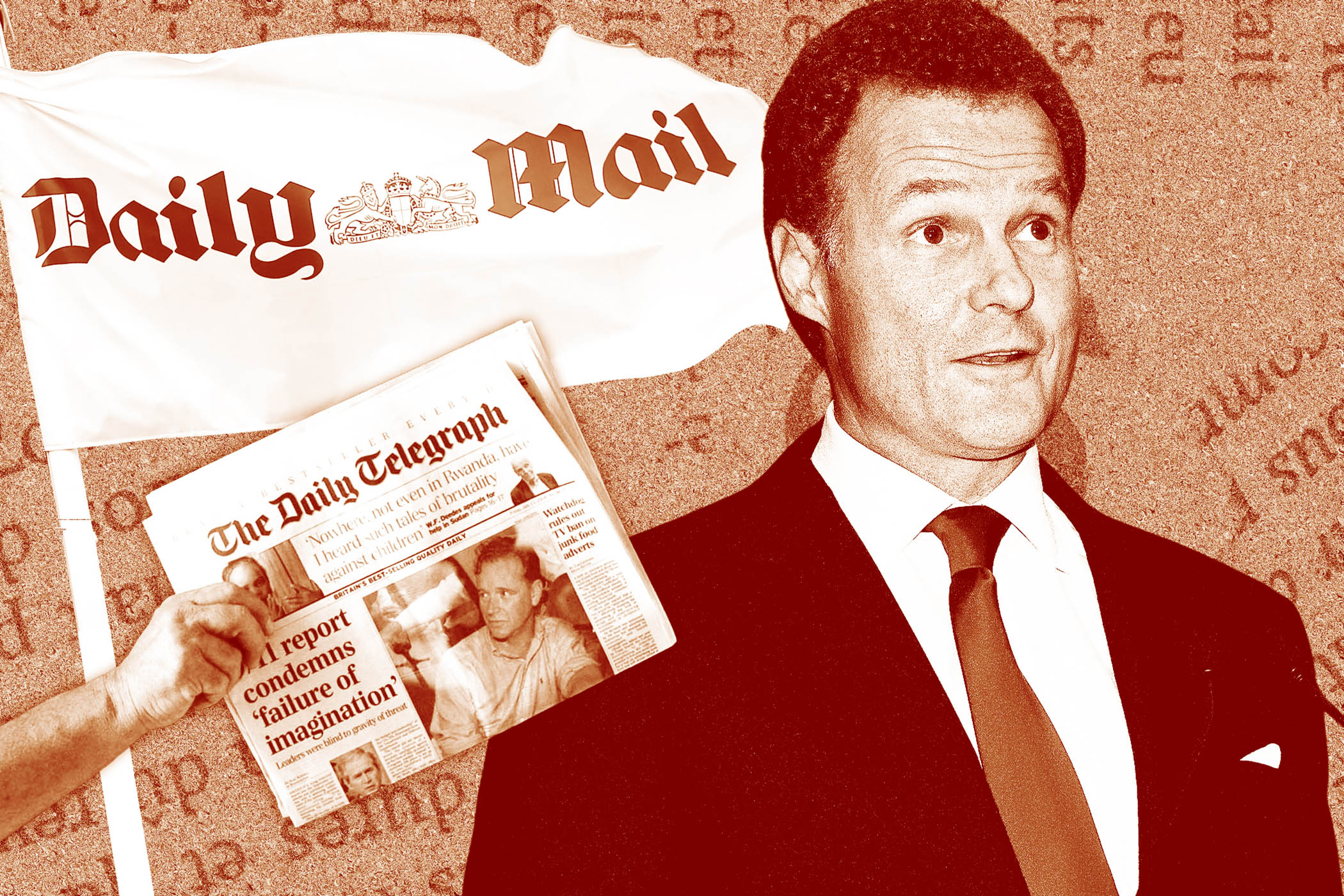If Barbara Cohen and Marianne Roney had written to Dylan Thomas under their full names, rather than using their initials in the belief he’d pay more attention to men, the Welsh poet might have been less elusive. Especially if they had revealed that they were two single, 22-year-old women desperate to make him a proposition.
Their note, sent backstage at a cultural centre in Manhattan where Thomas was giving a reading in 1952, was seen by his agent, who told them to call the poet at the Chelsea Hotel. Having tried and failed for a week to reach him, Cohen rang his room at 4.30am, reasoning he would surely be there at that time. She was right – just – and caught Thomas as he came in from a night of carousing.
Thomas invited them to lunch at the Little Shrimp, his favourite restaurant, accompanied by his suspicious wife, Caitlin, but Cohen and Roney’s motives were pure. They simply wanted to record him reading his poetry. The women, who had studied ancient Greek together at the city’s Hunter College, were bored by their jobs in book and music publishing and had hit on an idea to bring the Beatnik oral culture of Greenwich Village into middle-class living rooms. These days it would be called a tech start-up.
Thomas was intrigued, even paying for lunch, which was rare, and agreed to do it for a $500 advance and 10% royalties. He then failed to show up for the recording. For their second attempt, the women collected him, poured him into a cab and arrived at the Steinway Hall studio, where Thomas announced that he had left his books at the hotel. Finally, they found and recorded five of his poems, including Do Not Go Gentle Into That Good Night. Cohen, or Holdridge as she became after marriage in 1959, later described it as a “momentous” experience. “We had no idea of the power and beauty of this voice,” she said. “We just expected a poet with a poet’s voice, but this was a full orchestral voice.”
What it wasn’t was a full record. Needing something for the B-side, Thomas mentioned an obscure story he had written a year earlier for Harper’s Bazaar called A Child's Christmas in Wales. Roney rushed to the magazine’s office and borrowed the only copy they had on file for Thomas to read. “We were beguiled by it,” Holdridge said.
Thomas’s death after downing what he claimed was 18 whiskies led to a surge of interest, especially in his voice
Thomas’s death after downing what he claimed was 18 whiskies led to a surge of interest, especially in his voice
Cohen and Roney, who married Howard Mantell in 1956, released it under their own label called Caedmon Records after the seventh century monk, the earliest named English poet. In doing so they created the first company specialising in what we now call audiobooks. Their slogan was “a third dimension for the printed page”. Working from a cubby-hole of an office in midtown Manhattan, they soon signed up other writers such as Thomas Mann, WH Auden and EE Cummings, carting the records round to shops by wheelbarrow to save money.
In May 1953, they again worked with Thomas in New York, recording the first performance of Under Milk Wood, with the poet playing First Voice and Rev Eli Jenkins. Six months later, Thomas’s death after downing what he claimed was 18 whiskies led to a surge of interest, especially in hearing his voice. A Child’s Christmas in Wales alone sold 400,000 copies in the 1950s and Caedmon, which was given the right to issue some of his BBC broadcasts on vinyl, sold in total 1.5m Thomas recordings.
From being a two-woman operation in an industry where 95 per cent of employees were men, they grossed $14m by 1966 and employed 36 staff. Among colleagues who later became famous were Mike Nichols, the future Hollywood director, who worked as a shipping clerk, and Andy Warhol, who designed the cover for an album by Tennessee Williams.
Related articles:
Holdridge said their aim was to get authors to “read as though they were recreating the moment of inspiration”. They recorded Ezra Pound in a psychiatric hospital, Albert Camus reading in French and JRR Tolkien in Elvish. Some were difficult, however. William Faulkner was interested in the progress of a baseball game during his recording and had to keep stopping to check the score.
They also signed famous actors to read works by dead authors. Ralph Richardson read Keats, Sybil Thorndike Tennyson and James Mason Browning. Boris Karloff did Kipling’s Just So Stories, while Vincent Price gave voice to Shelley.
Newsletters
Choose the newsletters you want to receive
View more
For information about how The Observer protects your data, read our Privacy Policy
In 1970 the women sold Caedmon to DC Heath and Co. Holdridge remained president for five years before founding Stemmer House Publishers, known for its children’s works and named after the 18th century property she bought with her husband, Larry, with whom she had twin daughters. Since 1987, Caedmon has been part of HarperCollins.
In later life, Holdridge gave lectures on publishing, tended her award-winning gardens and became an authority on the 19th-century American portrait painter Ammi Phillips, writing a book on him with her husband, who died in 1998. Mantell, who formed a documentary distribution business after leaving Caedmon, died in 2023.
“We’ve taken uncommon things and made them popular,” Holdridge said. “The records give stature to poets who have been relegated to critics and scholars.” Last week it was reported that the global audiobook market will be worth more than £40bn by 2032.
Barbara Holdridge, audiobook pioneer, born 26 July 1929, died 9 June 2025, aged 95



